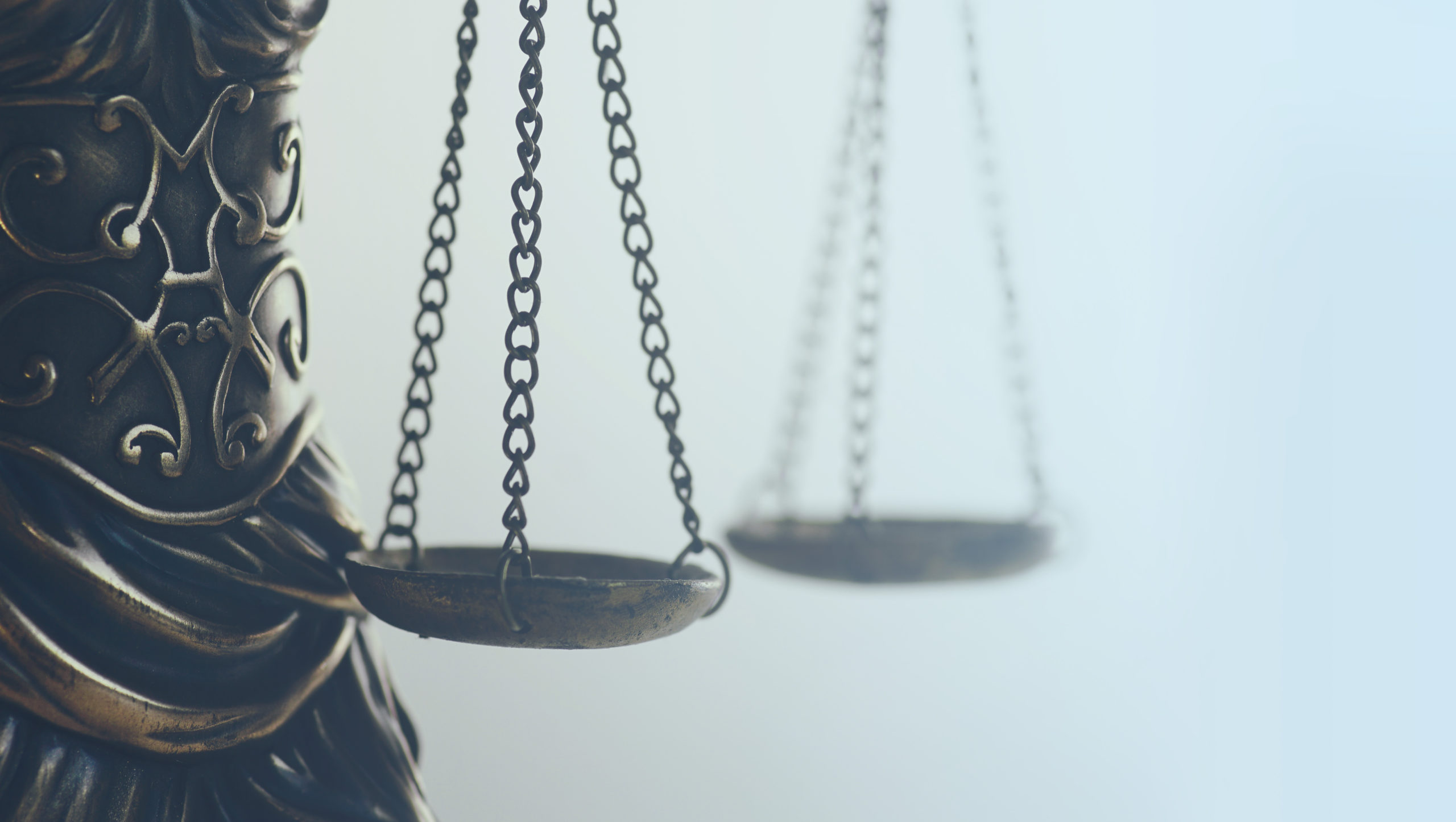- People
- Expertise
Our expertise
We are a team of more than 500 professionals, with the depth of experience which makes us genuine experts in our fields. Together, gunnercooke’s people have strength across just about every corporate discipline and sector. We provide legal, commercial and strategic advice that delivers real value to the clients we work with, which span from multinational enterprises through to unicorns and non-for-profit organisations. Our breadth of expertise covers some of the most interesting and important emerging disciplines, from ESG and charity law, to blockchain and competition.
Search by practice areaDispute ResolutionDispute Resolution OverviewMeet the Dispute Resolution TeamIntellectual Property DisputesFinancial Services & FinTech OverviewProceeds of CrimeEmployment TribunalTax InvestigationProperty Dispute ResolutionInsolvency DisputesMediationCivil Fraud & Asset TracingHealth & SafetyBusiness Crime & InvestigationsLitigation & ArbitrationInternational Arbitration - International
International Offices
gunnercooke has 12 offices globally including the UK, Scotland, US, Germany and CEE, with further plans for growth in the coming years. These offices enhance the existing in-house capability of our dedicated international teams and dual-qualified experts that cover China and Hong Kong, Spain, France, Italy, Brazil and Portugal. Our team has experience working across 101 different countries, speaking 30 languages and are dual-qualified in 15 jurisdictions. Our expertise means we can offer large teams to carry out complex cross-border matters for major international clients.
- Our story
Our story
gunnercooke is the fastest growing corporate law firm in the UK, now making its mark globally. We comprise a rapidly growing number of experts spanning legal and other disciplines. Clients benefit from flexible options on fees to suit their needs, access to a wider network of senior experts throughout the relationship, and legal advice which is complemented by an understanding of the commercial aspects of running a business.
- Reading Room
- News & Insights

Using blockchain technology to manage IP rights
What is blockchain?
Blockchain is essentially any form of ‘decentralised’ database. Unlike traditional databases where there is a single ‘true’ version which is stored centrally, in a blockchain system ‘true’ copies of the database are shared with every computer which is part of the blockchain network.
Every time there is a change to the database—for example a new copyright work is added—that change has to be verified and accepted by the other computers which are part of the blockchain. This means that the blockchain tends to be much more secure and less vulnerable to a cyber attack. In order for a new entry to be added to the database, a sufficiently large number of computers will have to agree that the new data is genuine. Once an entry has been added to the database and verified as genuine, it cannot be deleted in the future.
Data can be updated if all of the computers in the blockchain agree with the change, but the record of the original data and the change will form part of the blockchain’s permanent record. There are different ways for the computers on a blockchain network to agree that an entry can be added (ie reach consensus), and it is possible to have a hybrid private/public approach where some authorities, such as an IP office, are given more authority than others in the network. This may improve the accuracy of the data, but means that the security of the IP office’s computers is very important and removes some of the security benefits of a truly decentralised system.
Thanks to digital encryption, it is not necessary for all of the information shared in the database to be available to everyone who is part of the particular blockchain. For example, with bitcoin (still the most famous type of blockchain) the amounts which are transferred between accounts are known and shared between computers on the blockchain network, but the identity of the person who owns the bitcoin account is not shared. In the IP world, this means it is possible to maintain a blockchain of data, such as rights ownership, the creative development process and royalty payments, without that information becoming public.
How might IP rights be managed using blockchain?
It is possible to use blockchain in IP management systems to ensure the integrity and security of rights data. This includes copyright and related rights such as moral rights, as well as trade marks, designs and patents. Where rights are registered, it could be a hybrid public/private blockchain such as that described above which uses the data from the relevant IP office as the single source.
The blockchain can be used as part of a wider open licensing model which could enable third parties to quickly identify licence opportunities and potentially negotiate simple licences as ‘smart contracts’, where the contractual actions are digitally predetermined and automatically carried out when a particular event or threshold is met. For unregistered rights such as copyright and unregistered designs, the blockchain can be particularly helpful for businesses to track the creation of new copyright works or unregistered designs. Although this evidence has not yet been tested in court, it is likely to be much better evidence to use in court proceedings than the self-addressed envelope method (or the slightly more sophisticated official versions such as the soleau envelope in France).
While rights databases existed in the pre-blockchain world, they lacked blockchain’s open and immutable nature as well as the ability to execute ‘smart’ contracts. The principal benefit of blockchain is the ease with which information can be shared and tracked. This can increase trust in the system and ensures all artists have a clear and real-time record of how their royalty contributions have been calculated. It also means that it is easy to keep track of ancillary rights such as moral rights, and identify where moral rights waivers have been given and, if none has been provided, the nature and extent of the permissions which have been provided. In the long term, the blockchain should be invaluable to archives as it should reduce the likelihood of works becoming orphans.
If blockchain truly takes off for IP, it could either mark the long predicted final death knell for collecting societies or (far more likely) make it much easier for collecting societies to police and track use of their artists’ works—at least online. This should lead to a large reduction in costs and inaccurate data. Rather than running extrapolations on the likely use of copyright works, it should be far more accurate in the future, which may be helpful for smaller artists and will provide greater transparency.
The collecting societies have been quick to identify the opportunities that blockchain will offer them. In April 2017, PRS for Music (the UK music collecting society) joined forces with their American and French counterparts to develop a shared system for ‘managing authoritative music copyright information using blockchain technology’ in collaboration with IBM.
There are many examples of other independent blockchains which are focused on different aspects of IP management. For example, Vaultitude’s IPCHAIN database is aimed at individual inventors and creators and focuses on proof of authorship. This sums up the current approach to blockchain and IP—there are big players looking at improving the current models and start-ups looking to provide new alternatives. The likely short-term outcome will be improved record keeping in many areas of traditional IP management. In the longer term, smart contracts may improve the flow of record keeping and help to remove rights portfolio pitfalls such as failures to record changes in IP ownership or renew registered rights. Overall, blockchain is an exciting and useful technology whose full opportunities for IP have barely been touched upon so far.
This article was first published on Lexis®PSL Intellectual Property on 25 September 2018. Click for a free trial of Lexis®PSL
For more advice on how blockchain technology works and how it can be used to ensure the integrity and security of intellectual property (IP) contact Rosie Burbidge, Intellectual Property Partner at gunnercooke
DD: +44 (0) 7708 923 374
Email: [email protected]






